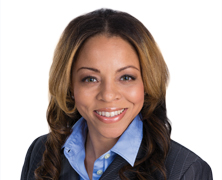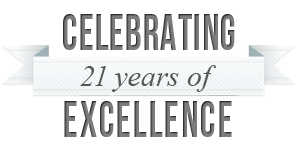Ten months after I began my first job at a nonprofit organization, my supervisor and mentor needed to take a leave of absence and asked me to apply for her position.
It came as a surprise, as others had more experience. Through our mentoring relationship, she observed competencies in me that outweighed experience alone. I quickly found myself serving in the role of a young African American female leader.
I was concerned initially because I was the youngest in my group. I asked my informal mentor, my mother, how I could get my peers to follow me.
My mother worked in corporate management back when African American mothers in Memphis were traditionally not in leadership roles. Watching her leave for work with her briefcase, I wanted to follow in her footsteps as an African American leader. “You are a born leader and you will be successful,” my mother said. She advised me to find someone in the organization that I would like to emulate, a mentor.
I engaged in a mentoring relationship with a female senior leader whose wisdom and insight has been foundational in my career. Her greatest gift to me was providing a secure place where I could talk to her about anything.
Over the next seven years, I grew. I learned to write grants and manage an apartment complex for homeless single mothers and a shelter for people with HIV/AIDS. Working around people from disadvantaged backgrounds humbled me and helped me to see how life’s circumstances affect our opportunities. I came to believe that leaders are given a gift to serve people.
Today I am the director of diversity and workforce effectiveness at Rockwell Collins. Mentoring in particular is key to our diversity journey.
Through our mentoring program, I have three mentors. They’ve taught me, among other things, that a leader’s role is not to be liked, but to be respected. Our decisions will not always be popular, but we will be respected if we are fair and reasonable in the process. Leveraging the power of strong relationships, I have been able to achieve many aspirations early in my career. Mentoring provided exposure, support, and insight to continue to help me develop and grow. Today I mentor four employees. It is rewarding and time well-spent in developing others. One of my grandmother’s favorite sayings was, “Take it on and take it farther.” That’s what I intend to do by helping others to “take it on farther,” to exceed my accomplishments.
Has discrimination affected you as a woman in the workplace? How did you deal with it?
I have not had some of the experiences my parents or grandparents had as it relates to discrimination, but I’ve benefited by having more and better opportunities as an African American female in corporate America. Often times I am in meetings where I am the only African American in attendance. I can only attribute that to individuals who have come before me. I can never forget the struggles of the civil rights movement, and it is because of it that I live my life everyday humbly proud of who I am, where I am, and what I am. I just hope that I too can be an influence for others.
What advice would you give young women building/preparing for a career?
I would advise young women to become passionate about educating yourself. Life education starts at home and affords one a strong sense of values, responsibility, character, and pride. Take every opportunity available to read, study, and gain knowledge both formal and informal in your career interest.







